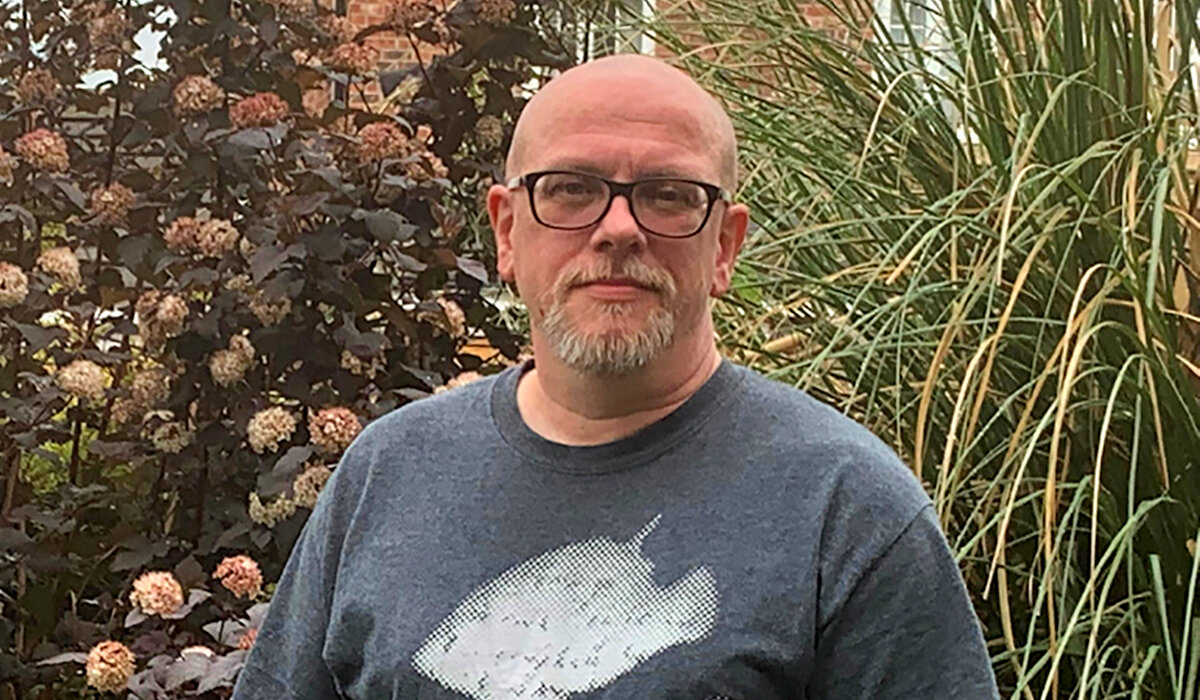
"Being a dad is one of the easiest things I've ever done."
Ronnie Pinder
- on being an autistic parent
Stories from the Spectrum: Ronnie Pinder
In this Stories from the Spectrum interview, we spoke to Ronnie Pinder.
Meet Ronnie Pinder, an autistic man diagnosed in 2015, the year he turned 45. Ronnie has five children, and his second youngest child, Aoife, is autistic.
Ronnie speaks to us about realising that Aoife might be autistic once he was diagnosed and the anxiety of socialising with other parents on the school run…
What made you seek an autism diagnosis?
Somebody shared Steve Silberman’s article for Wired, The Geek Syndrome, on Facebook. I didn’t know how influential the article was at the time, but for whatever reason, I clicked on it. The article made me realise that autism isn’t what I thought it was; autistic people can also be people like me. Then I spent a very long time, several hours a day at one point, researching autism. I’d baffled doctors for decades who had diagnosed and prescribed me with a whole list of things that weren’t right or ever found the root cause of things that I was having difficulties with, such as feeling overwhelmed with bright lights and loud noises. It got to the point where I couldn’t ignore what I was learning any longer and I thought “I’m going to have to find out.”
When was Aoife diagnosed as autistic?
You often hear stories about people who sought diagnosis after their child was diagnosed, but it was the complete opposite for me. We always knew Aoife was a bit different from her sisters, but we couldn’t put a finger on why. After I was diagnosed, I realised that Aoife might be autistic too, but I had to fight to get her seen by a doctor. She was seen by a psychiatrist who devised his own autism test. We’d been sent forms to fill out, over many hours and in great detail, but he dismissed them. Alongside that, autism can present differently in girls than boys. There had been another person in the room, so we insisted on seeing their notes. They had written phrases like “clear sensory seeking” that the other doctor skipped over entirely. He dismissed me as not knowing what I was talking about because he’s an expert, so I said “well actually, I’m autistic.” That one sentence changed everything. We ended up being able to see a second psychiatrist, who looked at the notes and diagnosed Aoife as autistic.
Do you feel like you can pick up on Aoife’s reactions to things more easily than the non-autistic members of your family?
Being an autistic parent of an autistic child can be a massive advantage because I will pick up on things instantly. I can tell when Aoife is anxious or uncomfortable, because we struggle with a lot of the same things, such as sensory sensitivities.
I think a lot of autistic people can tell if someone else is autistic, probably before a non-autistic person would notice.
Part of it is letting down barriers and not feeling as though you have to mask.
How do you find socialising with other parents?
I see dads talking to other dads on the school run or in the playground, but I’ve never experienced that for whatever reason. I certainly wouldn’t approach them. I also find bright daylight causes me more anxiety as I notice little things more, which can feel distracting or overwhelming. I do notice that lots of the other parents are talking to each other and not talking to me, and I don’t want to feel left out, but on the other hand I’d rather not be involved. It’s a bit like parties: you don’t want to go to them, but you still want to be invited.
Do you have a network of autistic dads you can talk to?
I know one other autistic dad who I ring up occasionally for a chat, but we never really talk about being a parent. Autistic dads must exist, because there are so many autistic mums who talk openly about being autistic and a parent. More men are diagnosed as autistic than women, so even statistically, there must be some more dads out there! But I’ve only ever even seen a couple of autistic dads talk about it online.
From the autistic men that I know, it tends to be quite difficult to get them to talk about things like wanting help or support. They more want to talk about their special interests. Finding someone to talk to with similar interests, whose eyes aren’t glazing over when you don’t stop talking can be support in itself, even if you’re not talking about parenting.
As an autistic parent, what support would you benefit from?
When people find out that my daughter, Aoife, and I are both autistic, they assume that we’re going to struggle. It’s more a case of getting across to people that, yes, I’m autistic, but I’m also a dad.
To be honest, being a dad is one of the easiest things I've ever done. For me in particular, I’m very silent, and people may not realise that autistic dads exist because there isn’t a vocal community online. But it’s still important to be taken seriously. In the case of supporting an autistic dad, I urge people to listen to the dad if he’s trying to get help for his child. Take autistic people seriously when they’re seeking support.
"When people find out that my daughter, Aoife, and I are both autistic, they assume that we’re going to struggle. To be honest, being a dad is one of the easiest things I've ever done."
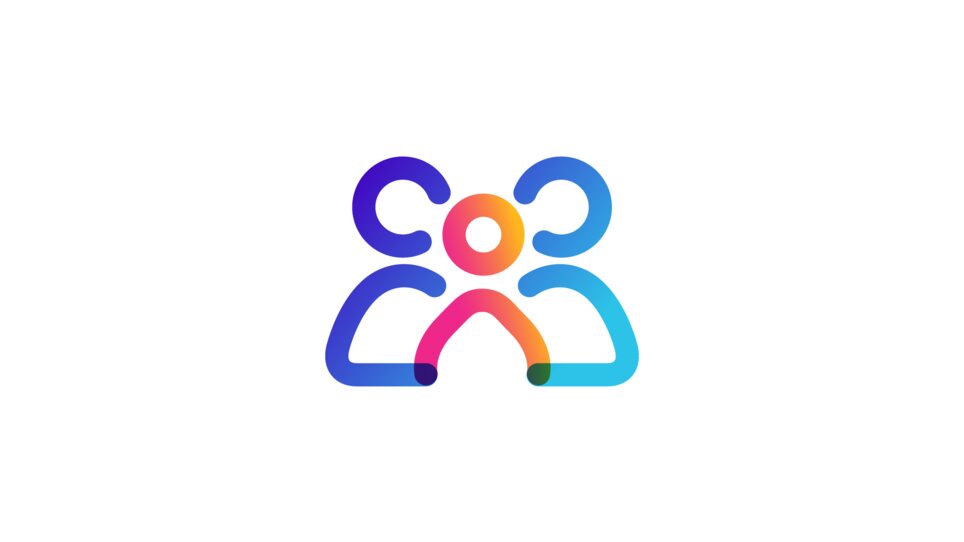
Chat to other autism parents
If you can relate to Ronnie's story and would like to connect with other autism parents/carers, why not sign up to our Parent to Parent service?
Similar stories
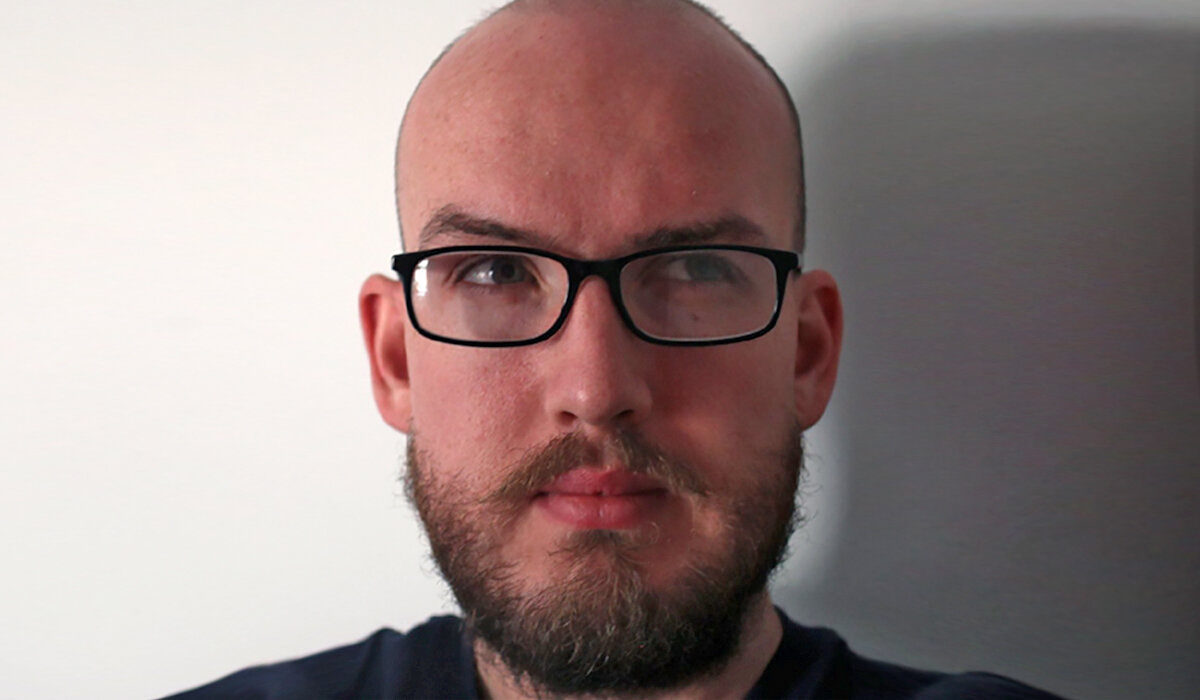
"Tell whatever stories you feel passionate about, in any way you want."
John Clark
- on making films
Read more
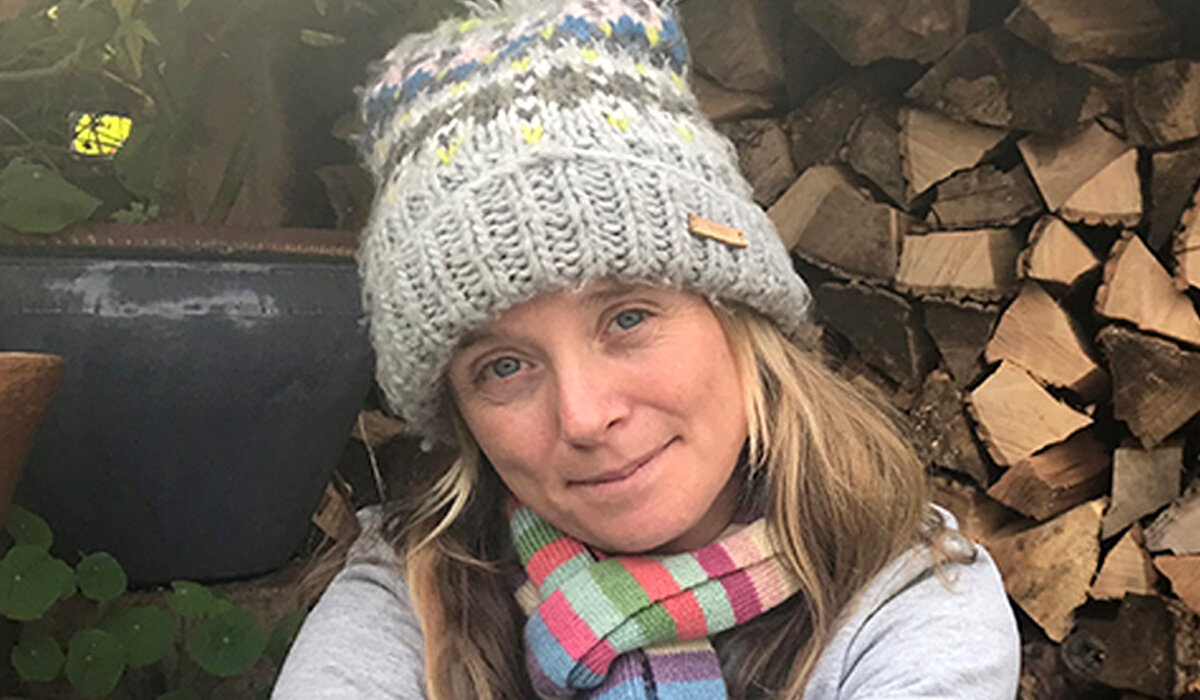
"Don't feel like you have to hide your autism from your children. That way they know what's going on and they don't worry about it."
Purple Ella
- on parenting and discussing autism with her children
Read more
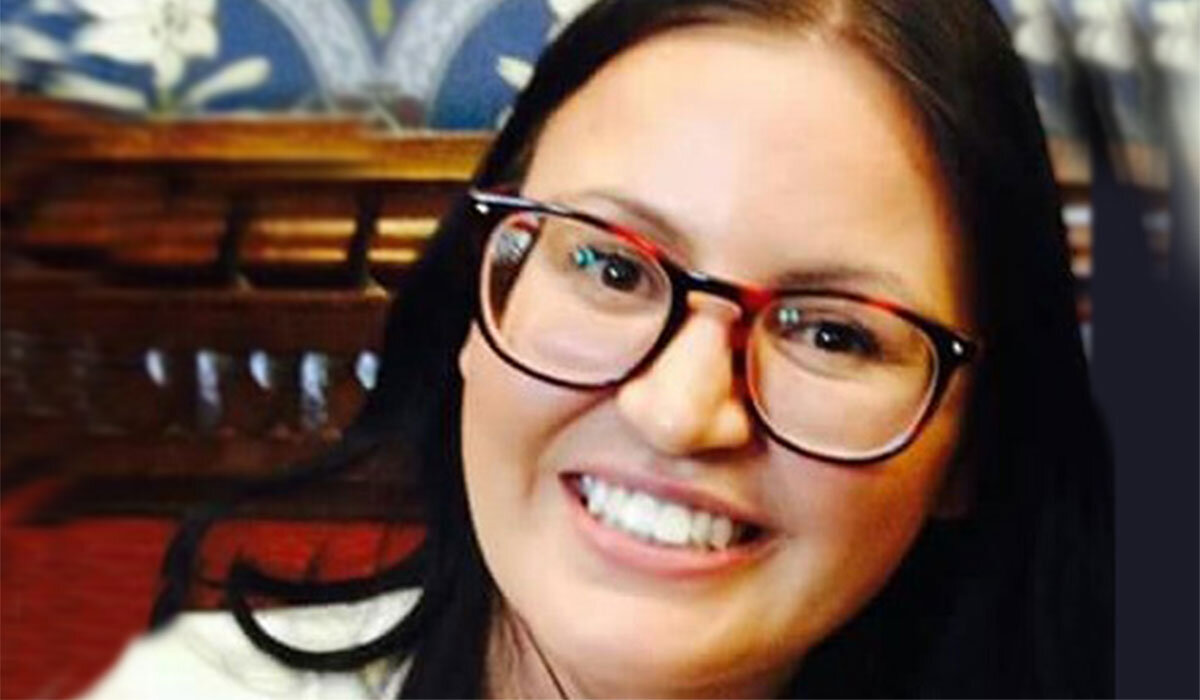
"I know if I'm planning anything that overloads my senses, I have to make sacrifices. I need to be at home alone with the lights off to compensate."
Carly Jones MBE
- on coping with sensory overload
Read more

The Spectrum magazine
Explore one of the UK's largest collections of autistic art, poetry, and prose. The Spectrum magazine is created by and for autistic people, and is available both online and in print.
Read the Spectrum





You are not alone
Join the community
Our online community is a place for autistic people and their families to meet like-minded people and share their experiences.
Join today